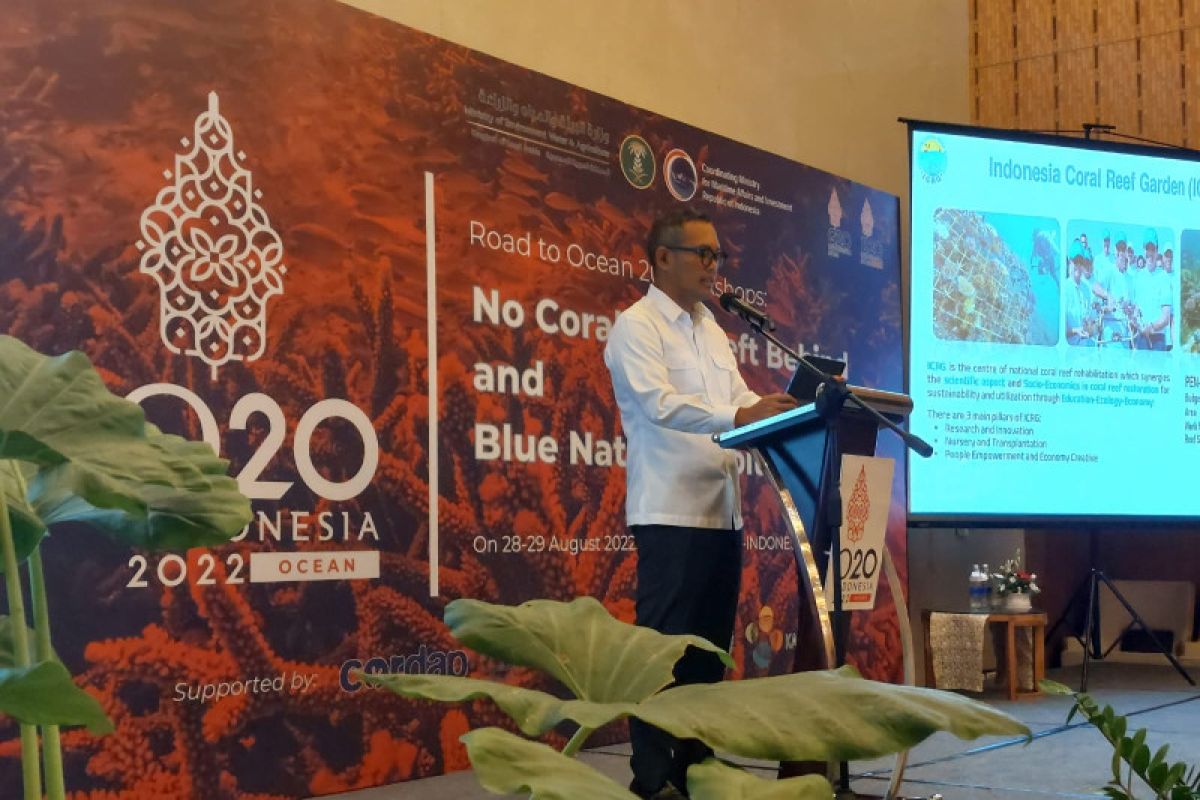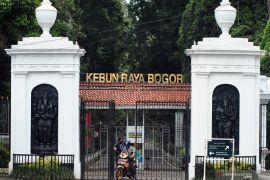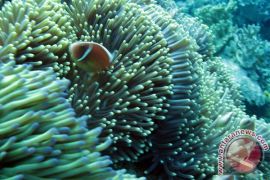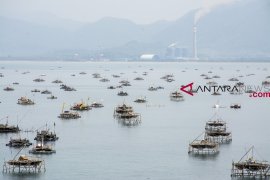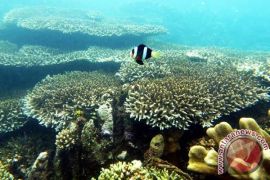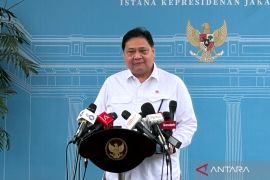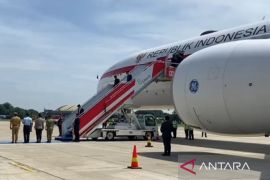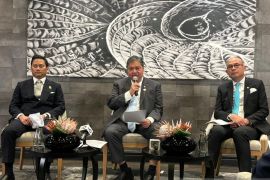We will not be able to protect our coral reefs properly if we continue to implement policies as usual. Drastic steps are needed to save the world's coralsJakarta (ANTARA) - The Indonesian government invites G20 member countries to jointly conduct coral reef restoration in Indonesia, as real action was deemed necessary to avoid additional damage and improve coral health conditions in Indonesia.
"One of the concrete actions is to conduct conservation and restoration through the Indonesia Coral Reef Garden (ICRG) Program," Deputy for Maritime Resources Coordination of the Coordinating Ministry for Maritime Affairs and Investment Jodi Mahardi stated in a workshop road to Ocean 20 titled "No Coral Reef Behind" in Bali, as quoted from an official statement received here, Monday.
The G20 is a multilateral cooperation forum comprising 19 major countries and the European Union (EU) that represents more than 60 percent of the world's population, 75 percent of global trade, and 80 percent of the world's gross domestic product (GDP).
The G20 members comprise South Africa, the United States, Saudi Arabia, Argentina, Australia, Brazil, India, Indonesia, the United Kingdom, Italy, Japan, Germany, Canada, Mexico, South Korea, Russia, France, China, Turkey, and the European Union.
Mahardi remarked that determination of the conservation area aimed to protect and utilize the function of coral reef ecosystems as support for aquatic biota around corals in the present and future.
Related news: Fifteen homes collapse due to coastal abrasion in Amurang: official
"The Ministry of Maritime Affairs and Fisheries (KKP) and the Ministry of Environment and Forestry (KLHK) along with local governments have now applied this conservation function. Conservation areas have been proven to protect coastal areas on small islands and create sustainable environmental management," he affirmed.
Mahardi also highlighted that awareness of the importance of coral reefs had started in 1998 with the existence of the Coral Reef Rehabilitation and Management Program (Coremap).
Coremap comprises the initiation stage, acceleration stage, and institutional strengthening stage, with a total investment of over US$170.77 million.
"Implementation of Coremap in Indonesia not only improves the coral conditions but also has implications for increasing the diversity of marine biota that will directly improve the welfare of coastal communities," Mahardi remarked.
On the same occasion, Saudi Arabia's Deputy Minister of Environment, Water, and Agriculture, Osama Faqeeha, emphasized the importance of coral reef health for the welfare of the community and general environmental health conditions.
Related news: Mary Kay Inc. highlights coral reef preservation on Coral Triangle Day 2022
"We will not be able to protect our coral reefs properly if we continue to implement policies as usual. Drastic steps are needed to save the world's corals," he affirmed.
In an effort to demonstrate his country's seriousness, Faqeeha affirmed that the Kingdom of Saudi Arabia will donate US$10 million annually in the first 10 years to support coral conservation and restoration programs.
Related news: RI to develop marine botanical gardens for coral reef preservation
He also encouraged other countries, both member and non-members of the G20, as well as the private sector to contribute to coral preservation and restoration.
A representative from the World Coral Reef Funding Organization (GFCR), Yabanex Batista, also emphasized that his organization will prioritize Indonesia as a target in coral reef restoration and conservation programs.
Through the workshop, Mahardi outlined plans to establish a Coral Stock Center (CSC) and build a Global Center of Excellence (GCoE) on Coral Reef as the world's first center for developing science and technology related to coral reef ecosystems.
Related news: G20 members to address challenges in overcoming AMR threats
Related news: Indonesia to lead save the earth actions at G20 JECMM
Translator: Ade Irma J, Resinta S
Editor: Fardah Assegaf
Copyright © ANTARA 2022
